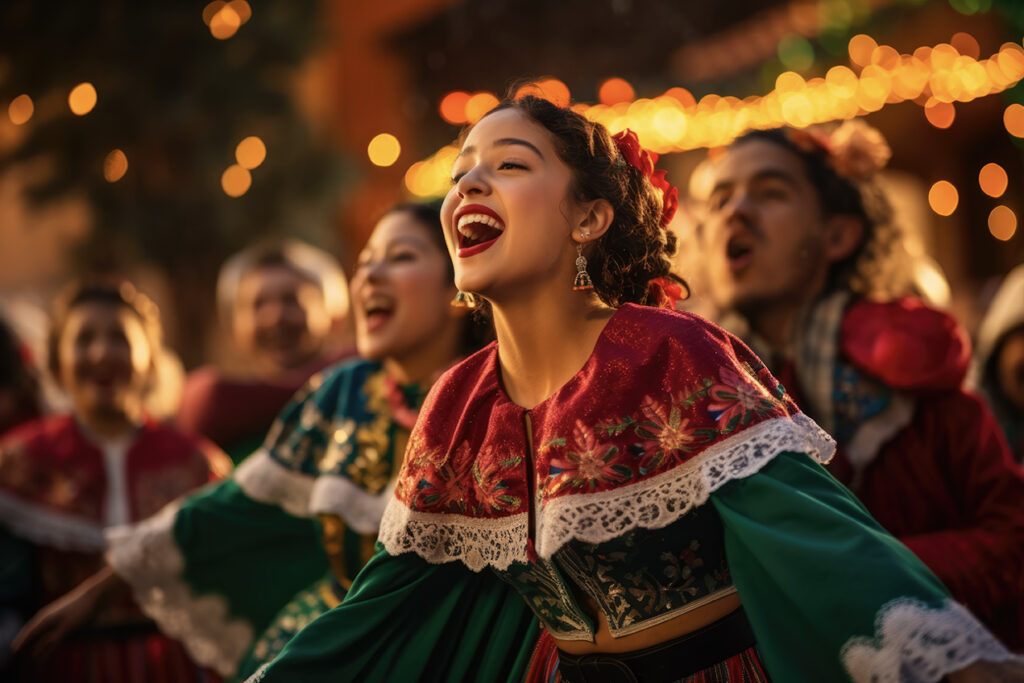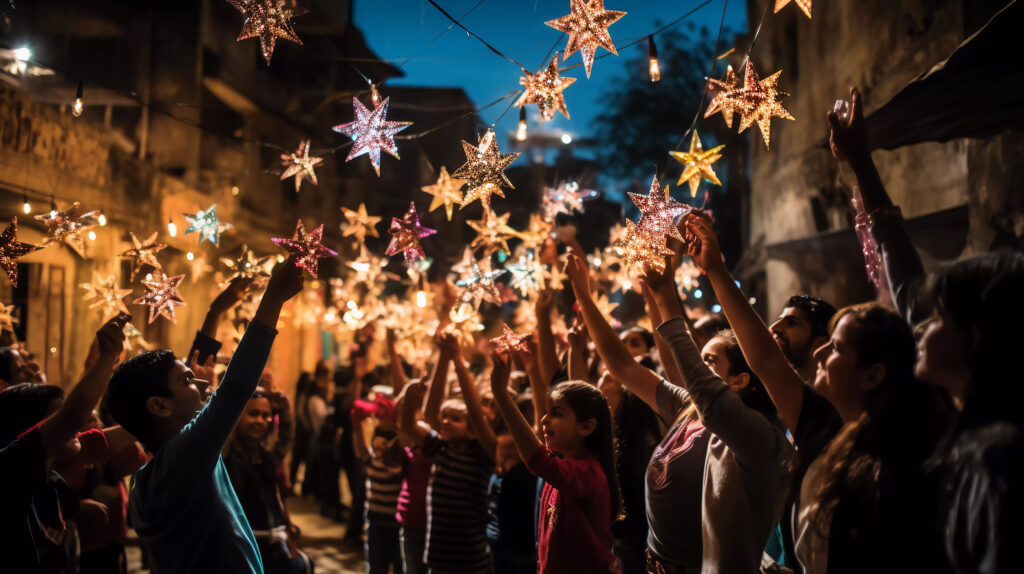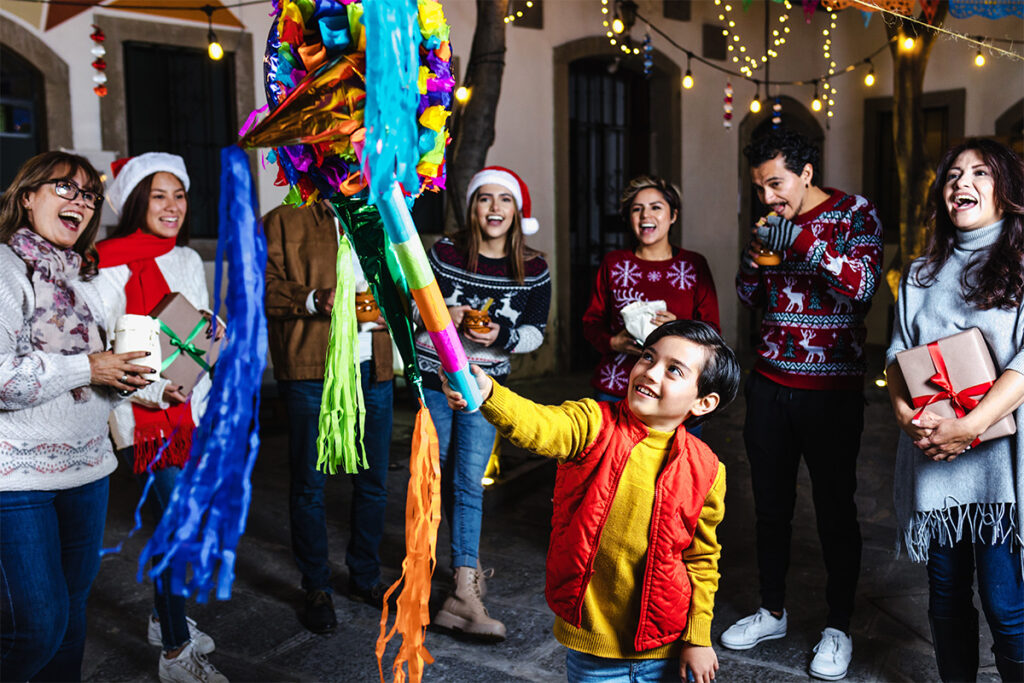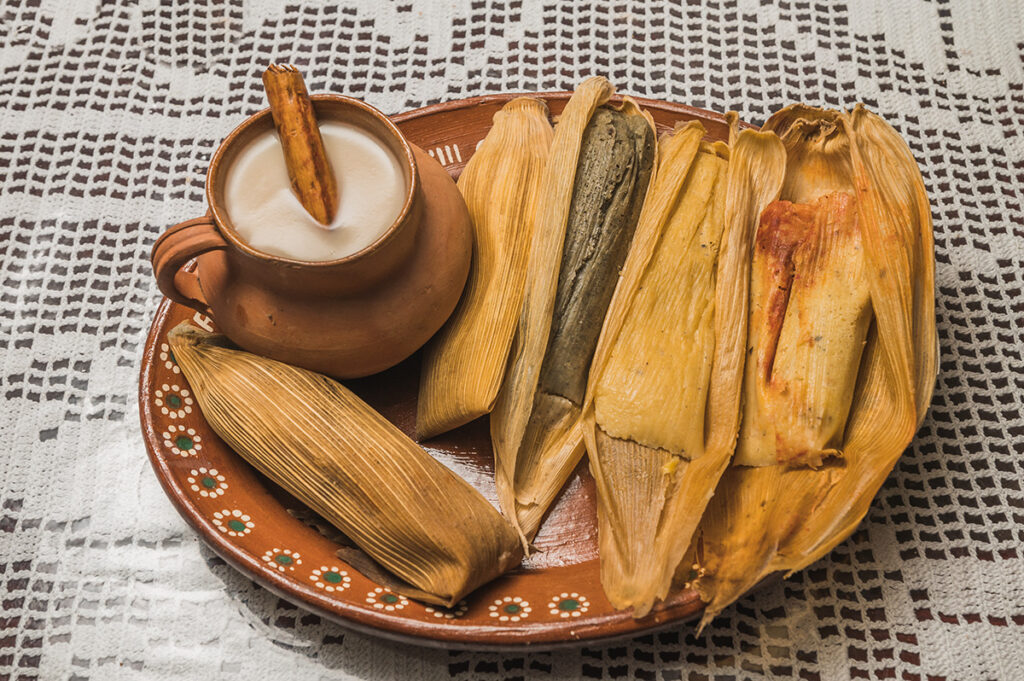Mexican Posadas: A Festive Journey Through Tradition and Celebration
In the vibrant tapestry of Mexican culture, few traditions capture the spirit of community, faith, and festivity as vividly as the Posadas. Rooted in centuries of history, these annual celebrations bring people together in a unique and heartwarming way.

The Origins: From Spain to Mexico
Originally introduced by Spanish missionaries in the 16th century, the Posadas became deeply embedded in Mexican culture over the years.

While the Posadas have Spanish origins, they have seamlessly blended with indigenous Mexican traditions over the centuries. The result is a beautiful mosaic that reflects the rich cultural heritage of Mexico.
The Candlelit Procession: A Symbolic Search for Shelter
The word “Posada” translates to “Inn” and the tradition finds its roots in the reenactment of Mary and Joseph’s search for lodging in Bethlehem.

Piñatas: A Colorful and Symbolic Element


Posadas are not complete without the iconic piñatas. Traditionally shaped like a star with seven points, symbolizing the seven deadly sins, participants take turns, attempting to break the piñata with a stick. The treats inside represent the rewards of overcoming sin.
A Culinary Feast: Tamales, Atole and Ponche
Posadas are not just about processions and piñatas; they’re also a feast for the senses.



Traditional Mexican dishes like tamales, atole (a warm, thick drink), and ponche (a fruity punch) are enjoyed during these festivities, adding a delightful culinary dimension to the celebrations.
